Cancer Conversations Part II: How to talk to the family
One of THE most difficult dimensions of the cancer experience involves communicating effectively with friends and family. The truth is, large amounts of anxiety, confusion and fear surround cancer. People are incredibly uncomfortable talking about cancer, especially to those who have cancer when they don't and vice versa. Thus it's not surprising that communications about a cancer diagnosis tend to lack clarity, depth and understanding (see previous blog - Cancer Conversations Part I: How to talk to the family). As discussed through the acronym GOALS in last week's Cancer Conversations Part I, Acknowledging the other's thoughts and feelings should be the goal for a successful cancer communication. Cancer treatment conversations are never as cut and dry as, "should I take the blue pill or the red pill?" They are multi-dimensional and complex, simply because there are human beings with a multitude of instincts and opinions encircling the patient. The below clip really highlights this fact.
The following clip is from the TV series "Breaking Bad" - the Cancer Man episode. The show in itself is cult classic. Walt (the man diagnosed with cancer) doesn't want to undergo chemotherapy treatment or any treatment for his stage IV lung cancer. His wife and disabled son confront him in this scene (sister and brother in law chime in with their feelings).
Warning: The clip is 8 mins & also contains explicit language-----------------------------------
Again, this clip is fairly raw and language is explicit, but I believe it's a fairly realistic portrayal of the many factors which go into the cancer experience. It's never just about the patient and the cancer.
The acronym GOALS as discussed earlier this week in Cancer Conversations Part I, are reviewed very briefly below.
GOALS
- Getting together. Try to pick a special time and place to share your diagnosis. It's important to set this very important conversation apart from the distractions of day-to-day life.
- Opening. Those involved must agree that there is a need or wish to talk.
- Acknowledging each other's emotions. Understanding what the other person is feeling is crucial.
- Learning about the disease and exchanging ideas.
- Strategy. It's important to make plans to meet again and to keep the discussion open.
As I mentioned,
Acknowledging
is the most crucial, but also the most difficult piece of GOALS. If and when Walter's family members use the communication skill of
Acknowledging,
depth, tolerance, compassion and intimacy can be fostered. And finally, the most healing element of all, Love will be revealed. I wish you love.

